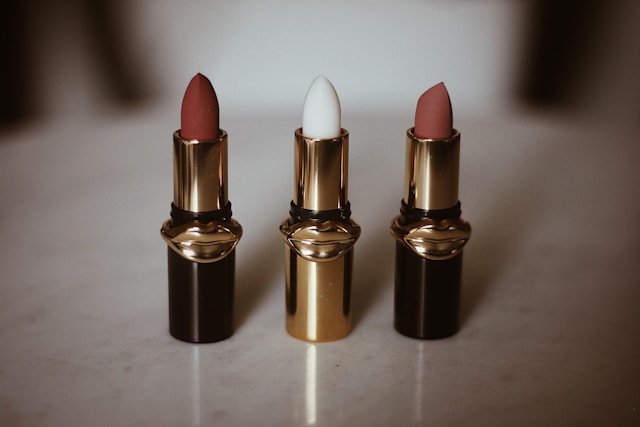


Researchers have long focused on the health risks posed by formaldehyde in hair treatments and nail products. However, a study highlighted by The Washington Post reveals how widespread this carcinogenic substance is in other everyday beauty products. Items such as lotion, body wash, conditioner, and face cream often contain formaldehyde.
In a recent study, over half of the female participants used products containing preservatives—including formaldehyde—on a daily basis, and often multiple times a day.
Researchers monitored 70 Black and Latina women as they used over 1,100 personal care products, with an average of 17 products per day. According to the study, about 53% of the participants used products that contained formaldehyde-releasing preservatives.
Some women used several products that included these preservatives, while others applied items like hand soap and lotion multiple times daily. More than 70% of the formaldehyde-containing products were used at least twice during the study period.
The study emphasizes that, although occasional-use products receive attention, we must focus more on daily-use items. These products often contain intentionally added carcinogens like formaldehyde and are applied repeatedly and across various parts of the body—leading to cumulative and potentially severe health effects.
Where Is Formaldehyde Found?
Researchers identified formaldehyde-releasing preservatives in dozens of common products, including:
It was also found in:
What Health Problems Can These Chemicals Cause?
Many of these products contain hazardous chemicals linked to serious health issues, including:
The European Union banned the use of formaldehyde in cosmetics in 2009, although it still permits formaldehyde-releasing preservatives under strict labeling and concentration regulations. In 2023, the U.S. Food and Drug Administration (FDA) proposed a ban on using formaldehyde in hair-straightening products.
Warning labels could help steer consumers away from such products. While it's encouraged to read ingredient labels, many formaldehyde-releasing preservatives have obscure names that make them difficult for shoppers to identify and avoid.
Source: Al-Nahar Newspaper